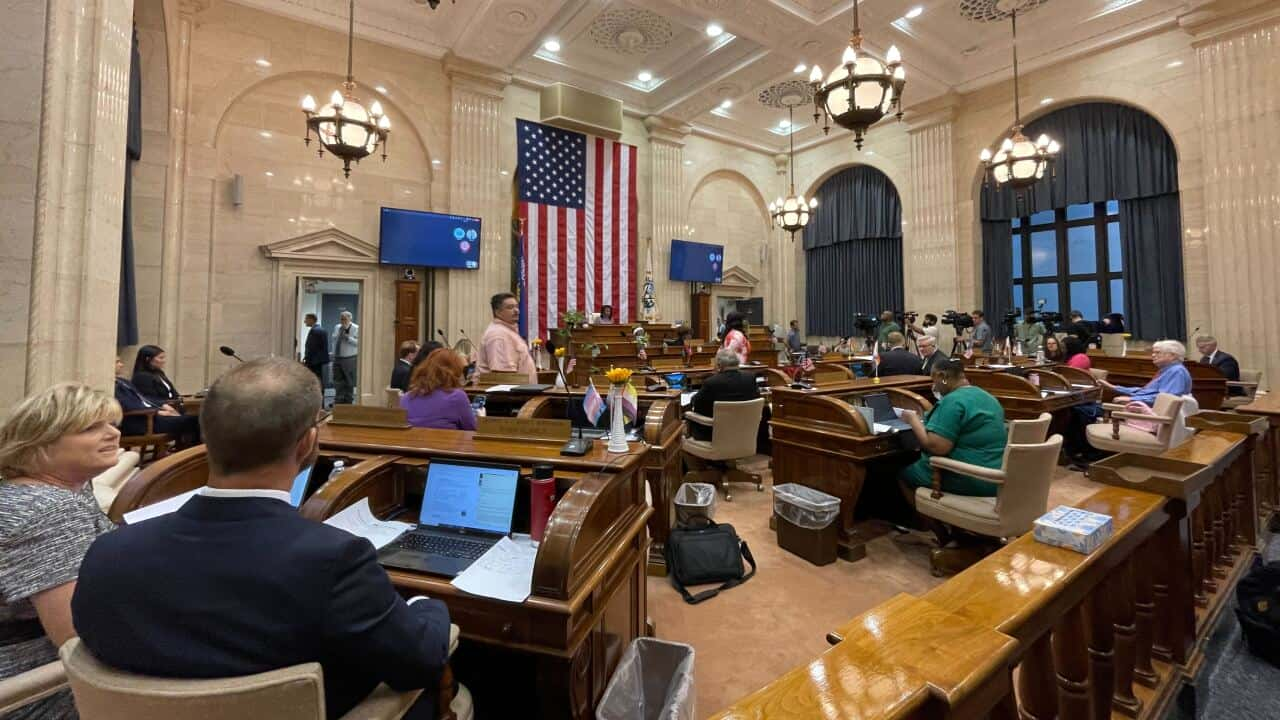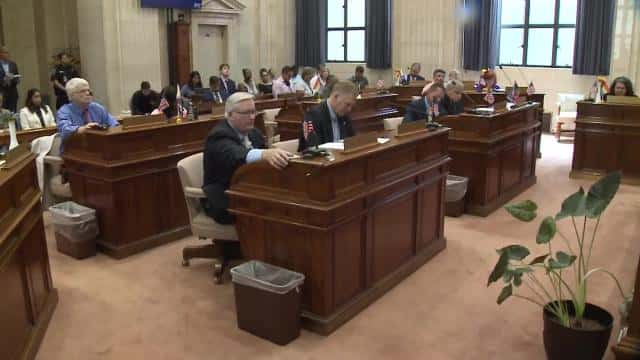In an effort to avoid harsh service cuts, the Milwaukee County Board of Supervisors overwhelmingly authorized a 0.4% sales tax increase and modifications to the county’s pension system on Thursday.

In a full board meeting, the supervisors voted 15-3. It needed to be approved by two-thirds of the district supervisors, or 12 of the 18 of them, in order to be sent to County Executive David Crowley for his signature.
The county executive hailed the vote right away.
The coming county pension crisis will be financed by the sales tax increase.
Sequanna Taylor, who represents District 5, was one of the three who voted against the measure.
The shared revenue bill passed by the Wisconsin State Legislature gave the County Board of Supervisors and the city of Milwaukee the authority to vote on raising the sales tax.
The newly produced money, according to chairwoman Marcelia Nicholson, who voted in favor of the proposal, will give the county a $80 million surplus by 2025.
Supervisors Steve Taylor, Ryan Clancy, and Sequanna Taylor all cast no votes on the sales tax increase.
Nicholson, the supervisors Deanna Alexander, Peter Burgelis, Priscilla Coggs-Jones, Caroline Gómez-Tom, Willie Johnson Jr., Patti Logsdon, Felesia A. Martin, Juan Miguel Martinez, Shawn Rolland, Anthony Staskunas, Liz Sumner, Shea, Vincent, and Wasserman were in favor of the sales tax increase
Martinez, who had previously voted against the raise in the special joint committee, unexpectedly changed his vote on Thursday.
In a last-minute amendment, Nicholson requests that Crowley provide a budget for 2024 that lowers the overall property tax levy, provides a report on the sales tax increase’s spending plan, and increases money for parks, transit, and other county services. The change was offered by eleven supervisors and approved 17 to 1 with Staskunas voting against it.
Nicholson and other supervisors warned of a time when the county wouldn’t be able to pay for essential services that locals depend on, including parks and buses.
Gómez-Tom, a new member of the board, acknowledged that sales tax increases are regressive because they disproportionately affect those who can least afford them, but he also asserted that without them, “we are left with the impossible task of cutting departments, programs that have already undergone 10 years of agonizing cuts.”
“We’re here today because people who don’t know Milwaukee, don’t care about Milwaukee, and who don’t want to acknowledge the fact that Milwaukee is the financial lifeblood of this state passed a law to give Milwaukee the privilege of choosing between passing a sales tax increase on its own residents or face impending bankruptcy,” she said, referring to state legislators.
Two weeks ago, the Milwaukee Common Council approved a 2.0% sales tax increase in the city. By 2024, the city’s overall sales tax will be 7.9%, while the sales tax in the other Milwaukee County municipalities will be 5.9%.
The 0.4% sales tax increase will lift the county’s sales tax to 0.9% and go into effect Jan. 1.
By 2028, the tax is expected to generate $92 million in new revenue, an increase of $82.2 million. With the increased sales tax, the county is anticipated to generate a $31 million surplus as opposed to the $18 million deficit currently anticipated.




